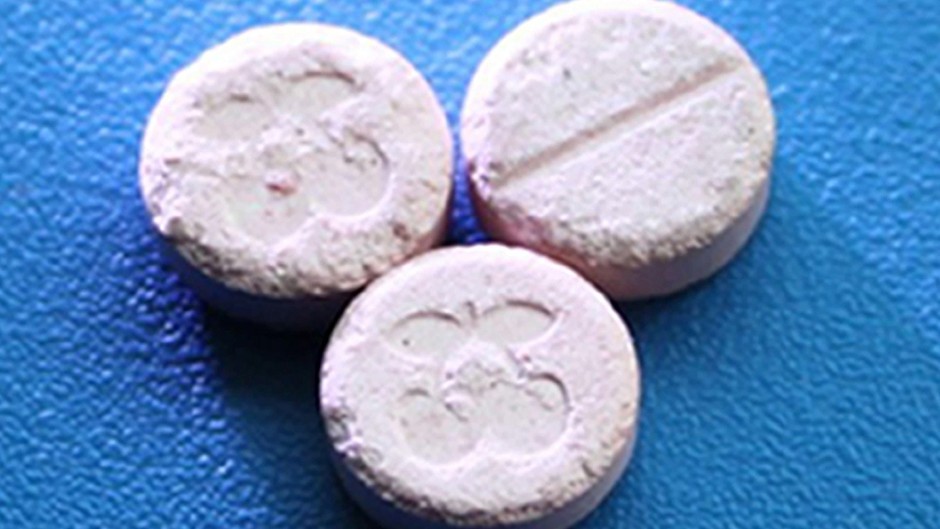Health and police chiefs in the Highlands have issued a fresh warning over the rising use of potentially dangerous so-called “legal highs”.
NHS Highland said that intelligence provided by patients to substance misuse teams suggest a growing use of legal highs, also known as new psychoactive substances (NPS).
The health board said it is particularly concerned about substances in circulation which claim to have similar effects to traquilising drugs such as Diazepam.
However, many are reportedly very potent, with users describing high sedation levels and prolonged amnesia side effects which can last for several days.
It has also been reported that these substances have a longer lasting effect and a slow onset, which is a particular risk and concern as individuals may not be aware the substance is already taking effect and increase the amount they have taken.
The health board warns that concerns have been raised across the Highlands, but have highlighted Caithness as an area where there is a higher use of legal highs.
Teresa Green, East Caithness integrated team leader and mental health services manager for NHS Highland, said: “We are very worried about the use of NPS or legal highs and are aware of growing concerns among the local community.
“The expression ‘legal highs’ makes people think these substances are safe.
“In fact, we do not know what is in many of them and therefore cannot say whether or not they are safe. Furthermore, the people who buy them, often through the internet, can have no guarantee what is in them or what their effects can be, both physically and psychologically.”
Caithness-based Inspector Nick Clasper said: “Police Scotland and our partners would like to highlight the potential implications of taking new psychoactive substances.
“NPS are not subject to any form of quality check which means anyone taking them will be unaware of what they have actually taken.
“As we draw ever closer to the festive season, our aim is to keep people safe and I would urge people to avoid such products and report any information to the police on 101 or contact Crimestoppers anonymously on 0800 555 111.”
